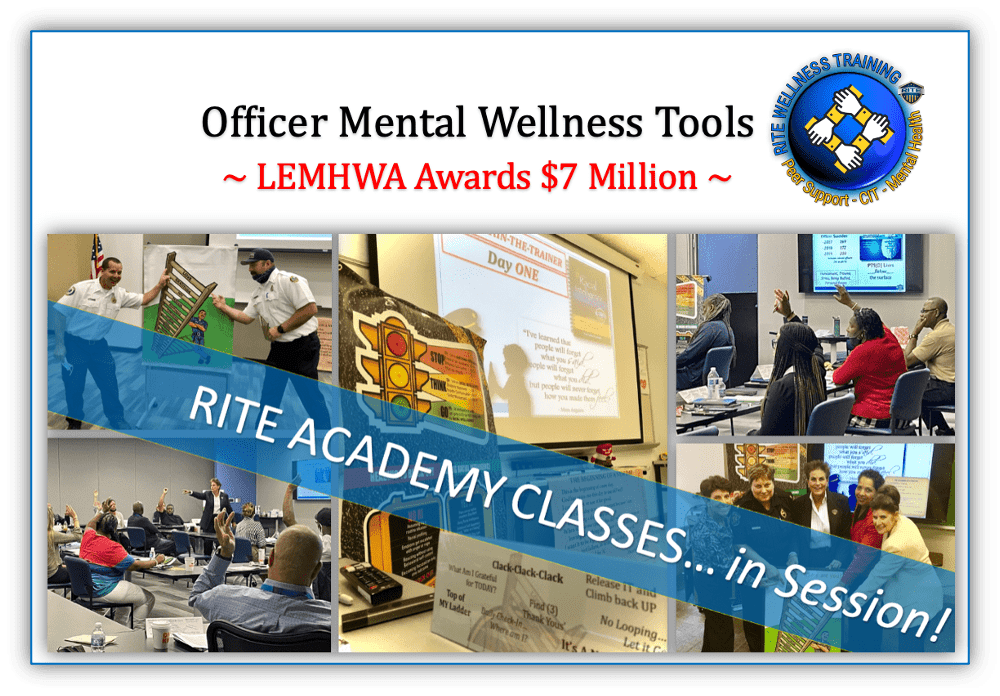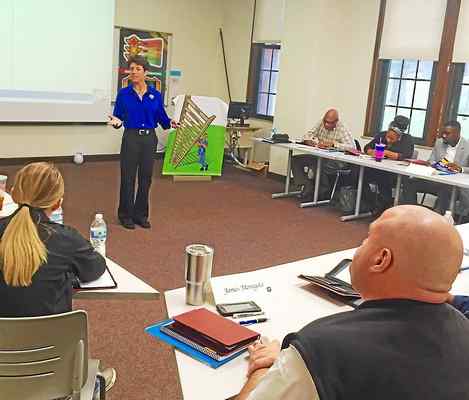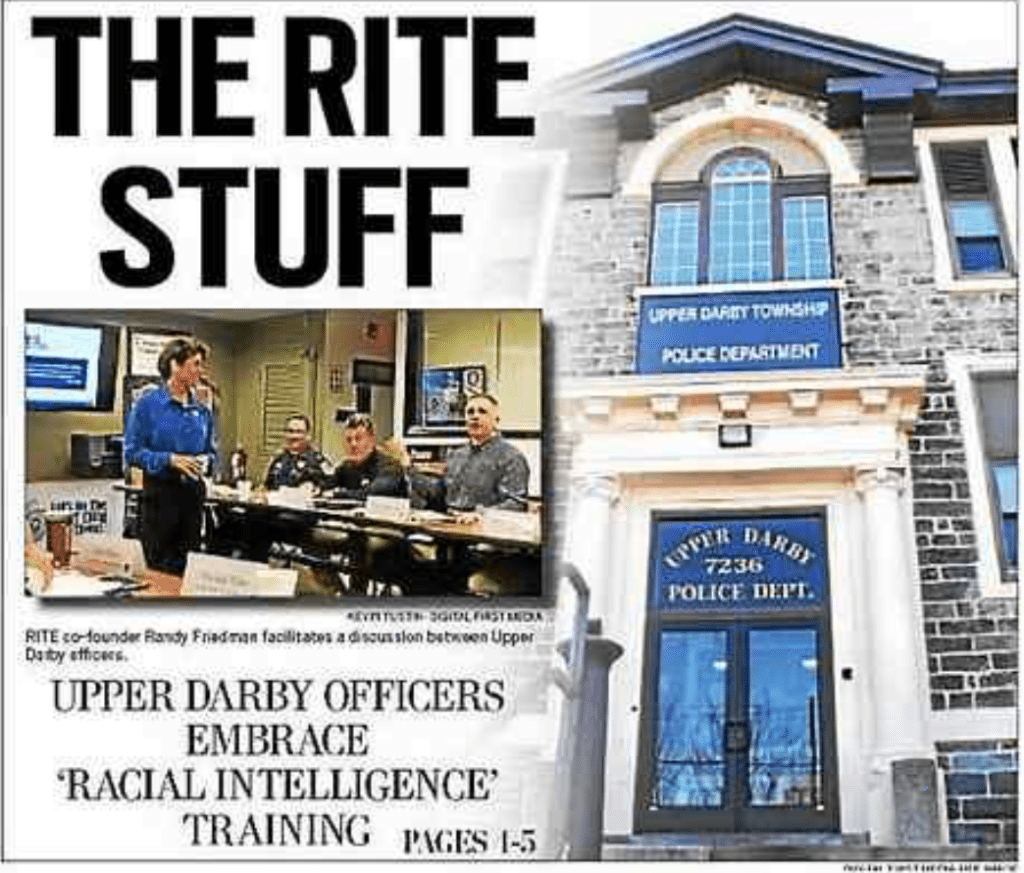Story of Detective Miller…
Three months into his new assignment in records, Detective Miller felt regret. He’d jumped at the promotion from patrol, into CID but now was drowning in paperwork. Daily reporting, data entry, and answering phones, was a far cry from the adrenaline and purpose he craved. He felt stuck on a hamster wheel, going nowhere fast.
If you are spinning in place, feeling like you are going nowhere fast, that’s the Hamster Wheel Syndrome. The demands of public service, with its endless stream of needs and challenges, can make it feel like you’re always playing catch-up.
For any of us to get off the hamster wheel, means we need to break free from the cycle of repetitive, high-pressure work that leads to burnout and frustration.
You may be stuck on a hamster wheel if…
- You are always busy, yet unfulfilled and disconnected
- You do the same ole thing, with zero enjoyment
- You are walking around in a lazy trance
Did you know that 68% of people in public service, feel they are living in a hamster wheel effect?
The demanding nature of the job, coupled with the constant pressure to deliver, can make it challenging to find a sense of progress and fulfillment. This proves the importance of mental health and well-being in the public service sector.
Compliancy, and boredom can be dangerous for those in police, fire, corrections, and 911 operators, as you may put yourself in danger or miss significant facts impacting the outcome.
You look to change shifts, but once you made the change you felt more trapped. Now you feel guilty about asking your supervisor for another change, and you start to spin again.
‘The grass seems to be greener on the other side…’ so you look to change positions or even changed police departments, yet the hamster wheel continues.
“Direction is more important than speed. You can go fast in the wrong direction.” ~ Redfoo
Hamster Wheel Influences:
- Repetitive work:
Dealing with a high volume of minor offenses or calls that require you to react to situations without addressing underlying issues.
- Lack of impact:
Despite being busy, the hamster wheel effect suggests efforts might not be leading to substantial positive change in the community.
- Burnout potential:
This constant cycle of activity can lead to stress and burnout for police officers.
5 reasons we get stuck in a spin cycle:
1. Pleasing Others:
Constantly trying to meet others’ expectations can be exhausting and lead to burnout. People often prioritize others’ needs over their own, fearing disappointment or rejection.
2. Addiction
Engaging in addictive behaviors like excessive drinking, overeating, or shopping can offer temporary relief, but it often comes at the expense of long-term well-being.
3. Unable to Change Direction
Sticking to the same path might seem easier than making a change. However, this can lead to stagnation and missed opportunities for growth and improvement.
4. Fear of Not Being Successful
This fear can keep people stuck in their comfort zones, avoiding potential setbacks but also missing out on potential success.
5. Not Understanding Emotions:
Taking the time to understand and address emotions can lead to more authentic and fulfilling experiences. Empathy requires knowing ones emotions.
“Hamster Wheel Running means you are on a never-ending cycle of busyness and ineffectiveness.” ~ Linda Webb
4 Steps to Jump off the Hamster Wheel
- Like Forest Gump, Stop Running
Forrest Gump says this after running for 3 years, 2 months, 14 days, and 16 hours, he says, “I’m pretty tired now, I think I’ll go home.”
Yes, stop moving for a moment, take a breath. You will break out of your trance. Going from a sudden emotional to logical brain, allows you to be present in that moment, and process the situation.
2. Emotional Self Awareness means Self Care
Self-Care means being emotionally present for yourself and looking within yourself to figure out what makes YOU happy.
You may not know what makes you happy so this step may be your hardest step. Stay here and keep asking the question, “What makes ME happy?”
It is not selfish; it is self-preservation. We truly cannot take care of everyone that we want/need to take care of unless we fill ourselves up first.
3. Make an Action Plan
Identify the desire change you what to make, set some clear achieve goals. It may mean you take small steps, like breaking down the process, with small achievable timelines. It’s ok to take your time.
Part of your action plan may mean you have to make some hard decisions, like getting rid of close friends, or making some healthier lifestyle changes. It won’t be easy, and it may be painful for a short while, but keep pressing ahead.
4. How do you get to Carnegie Hall? Practice, Practice, Practice
Yes, the road to Carnegie Hall for a musician was never an easy one, but the many bumps, turns, and obstacles moved them along the way. Be grateful you are finally on the path that is best for you. You will get where you need to be, with practice, patience, and time.
Reflection
Public service work is a field where you’re constantly striving to meet the needs of the community, often under pressure and with limited resources. The commitment to helping others and making a positive impact can sometimes lead to burnout and a feeling of being stuck in a never-ending cycle.
Every small act of kindness creates a ripple effect of positive change. Find a balance ensuring that the dedication to serving others won’t come at the cost to your own well-being.
Once you are off the hamster wheel you will see others around you spinning out of control on their own wheel. Reflecting can help you break free from the hamster wheel and pursue a more balanced and intentional life.
About RITE
RITE Training helps ALL public servants improve internal communication that improves officer mental health and wellness. When you learn to control your emotions, you learn to control every situation, and help others that are in need. Contact us on how to bring RITE to your agency.




